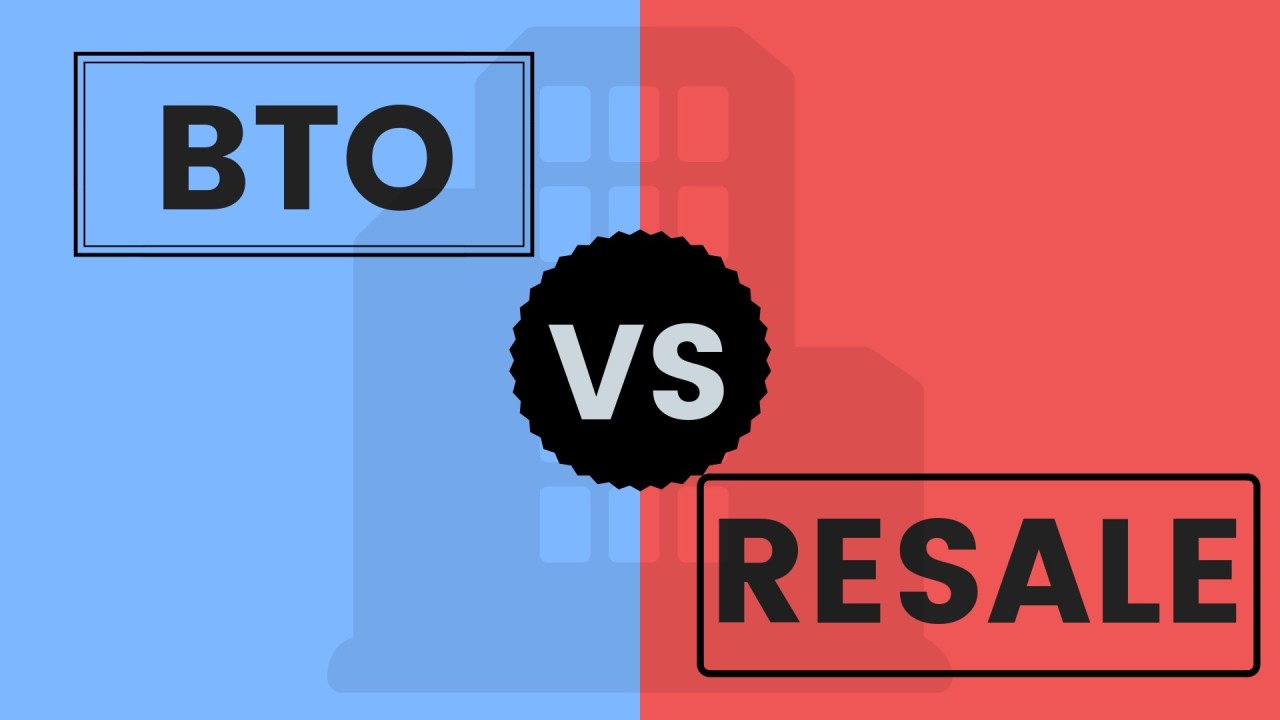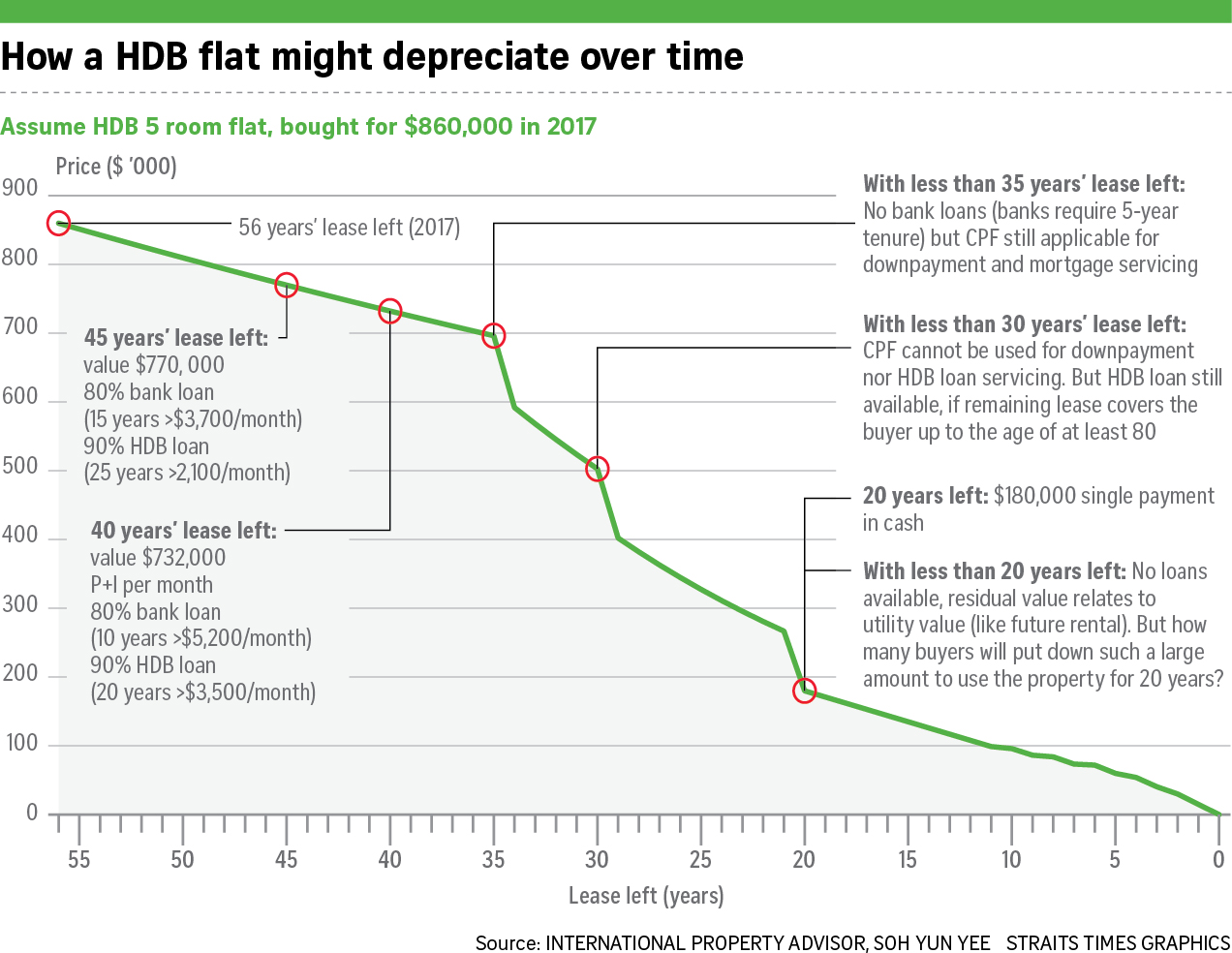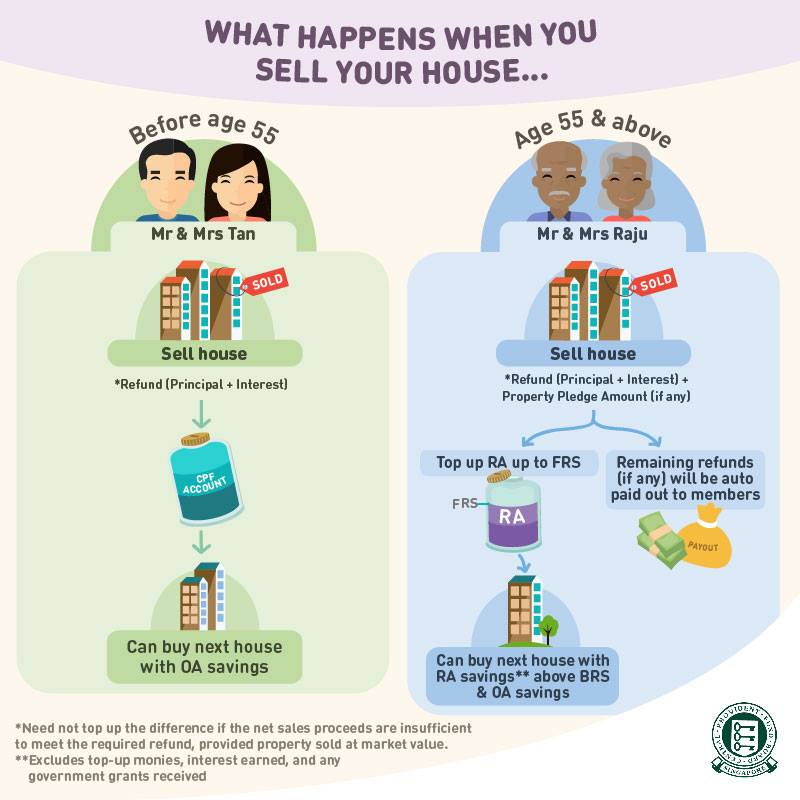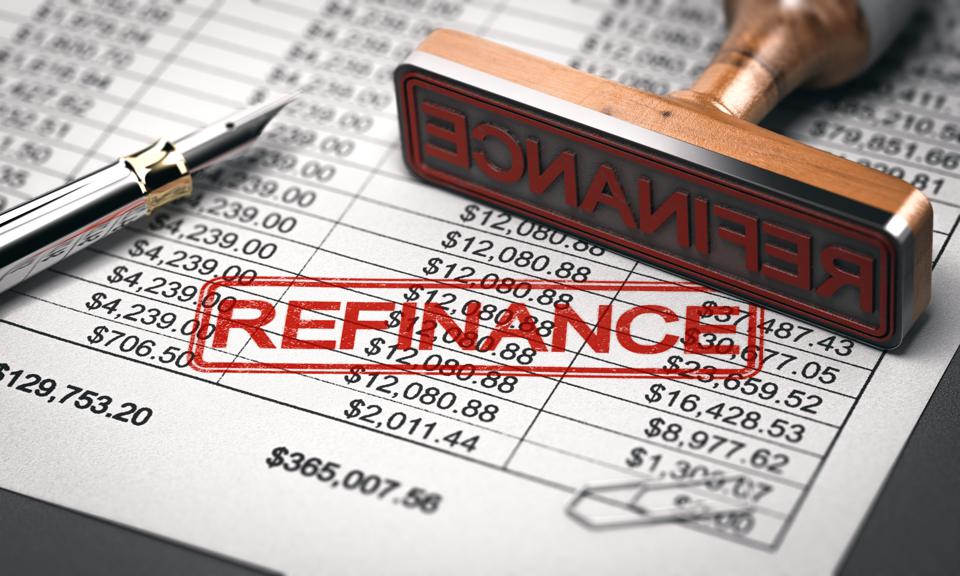Cash Over Valuation (COV) – What is It? How does it affect your HDB resale value?
This article discusses the overview of COV, four factors affecting COV, and how it impacts a resale HDB flat’s resale value
Cash over valuation (COV) always came up during negotiations in the resale of HDB flats until several years back. That was before the government intervened with policy changes. This article will discuss COV, four factors affecting COV, and how it impacts a resale HDB flat’s appreciation value.
Table of Contents
Overview Chart of Cash Over Valuation
Cash Over Valuation (COV) – What is it?
Four Factors that Influence COV
Overview Chart of Cash Over Valuation
|
What is COV? |
COV only applies to HDB resale flats and is the difference between the flat’s selling price and its actual valuation. |
|
How is COV paid? |
It is paid in cash only as housing loans and CPF cannot be used. |
|
What affects COV? |
Buyer’s fear of missing out, scarcity of flat, flats with unique or open view, and renovation of flats |
Cash Over Valuation (COV) – What is it?
COV is the difference between a resale HDB flat’s sale price and the actual valuation by HDB. The term is frequently used when a buyer ends up “overpaying” for the flat.
Example of how COV is calculated:
|
Sale price of flat agreed to between seller and buyer |
$650,000 |
|
Valuation of the unit by HDB |
$600,000 |
|
Cash over valuation (COV) |
$650,000 - $600,000 = $50,000 |
In this case, the buyer is overpaying for the flat to the tune of $50,000. The amount being overpaid can only be paid in cash, not with CPF or the housing loan.
The maximum amount of money that buyers are allowed to borrow to finance the purchase, of a home, which is the Loan-To-Value ratio (LTV), is determined by the property’s valuation, or the purchase price, whichever is lower.
Examples using the figures in the above calculation:
If you are taking out an HDB housing loan:
The LTV is lower than the unit’s purchase price and in this case the LTV is 85% of its actual valuation. Based on a $600,000 valuation, the maximum loan you can take out is $510,000.
If you are taking out a bank loan:
The LTV tops out at 75% of valuation. Therefore, the most you can borrow for the purchase is $450,000.
So, in addition to the deposit you paid on the unit, your $50,000 COV must be paid in cash.
How COV Impacts Stamp Duty
On the other hand, the stamp duties required in the transaction are determined by whichever is higher, the valuation or the selling price.
In the example above the Buyer’s Stamp Duty (BSD) and Seller’s Stamp Duty (SSD) (if applicable) are determined by the purchase price, which is $650,000.
Remember that COV only applies to transactions involving HDB resale flats, since Built-to-Order (BTO) flats are always bought from HDB, which means that the valuation and selling price are always the same.
History of HDB COV
In the past buyers and sellers involved in the HDB resale market would negotiate together using COV as the criterion rather than using the valuation to guide them.
Sellers of HDB resale flats would first get their flat’s valuation, then negotiate over COV with buyers. Obviously, this resulted in huge price hikes.
By 2011, COV prices had risen way too high. A resale flat buyer could find themselves paying a COV of as much as $250,000. One maisonette unit in Bishan had a COV of $250,000 and this HDB flat was among the first to sell for more than $1 million.
There were Singaporeans who began to worry about the uptick in prices, thinking that housing would be unaffordable for their children and grandchildren. Others were happy for the system to continue, thinking that most people would want to profit as much as possible from selling their flat. And if they could find a buyer who would pay more than it’s worth, what’s the harm?
Singaporeans were divided. Then in March 2014, HDB decided to get rid of COV and stopped publishing COV prices. Furthermore, a new system was enacted in which buyers and sellers would negotiate prices first before knowing the COV.
Once they had decided on a price and the buyer had paid the Option to Purchase (OTP) fee, only then would they receive the valuation from HDB. This means the difference between the agreed to price and the official valuation is the COV.
This can get tricky for both sides, especially for the uninformed since neither the seller nor buyer knows the flat’s actual valuation. For example, if you are buying a flat and you and the seller have agreed on a price of $500,000 and you find out that the flat is actually valued at $490,000. This would mean that you would be required to pay a $10,000 COV if you want to continue with the purchase.
Buyers do have the legal right to allow the option to lapse, so if you decide against the purchase you would have to forfeit the Option Fee, which could be S$1,000, to the seller.
On the other hand, if you find out that the actual valuation is $520,000, you saved yourself $20,000, which would be cause for celebration. In this case the seller cannot back out once the buyer is granted an OTP, even if the valuation turns out to be higher than the price that they agreed to sell the unit for.
This new policy got the desired result. The median COV prices had come down by almost $32,000 by 2015. The following year, nearly 80% of all transactions on HDB resale flats were sold with no COV. Currently, COVs occur very rarely.
Is COV a Relic of the Past?
Not exactly. Even though COV is rarely a factor in the HDB resale market under the new policy, there are reports that COV has seen a revival amid a robust HDB resale market recently. This is apparently being caused by delays in construction, BTO projects being postponed, as well as higher demand for larger homes.
COV amounts are typically between $10,000 and $50,000, but eager buyers have also been paying a COV as much as $200,000 for highly desirable flats.
COV can also slap you in the face if you come off overly aggressive when making your offer, or if you are flying blind because you’re uninformed. To get estimations of the HDB resale flats in the estates you prefer, go online to HDB Resale Flat Prices, or HDB Map Services to search and compare prices.
Four Factors that Influence COV
Even though COV is rare these days in the HDB resale market, there are still a lot of factors influencing COV, and the main ones are:
1. Fear of Losing Out
In a resale market in which the demand is higher than the supply, buyers typically offer more than what recently transacted units of a similar nature sold for. They are afraid of losing out to other buyers, so they are willing to pay COV.
2. Type of Flat is Scarce
There are certain types of flats that get a higher price because they’re scarce. For example, Executive Apartments and Executive Maisonettes. These are no longer built, which makes them scarce. Other examples are penthouse flats, which are few and far between, and flats with a balcony.
3. Flats with a Unique or Open View
Flats with an unblocked open view, like Bishan – Ang Mo Kio Park naturally command more money. These range from $100,000 to $150,000 more in price than neighbouring flats that face other HDB blocks. Since the premium over views like these is difficult to quantify, there could be a COV when purchasing one.
4. Renovated Flats
Flats that have been extensively renovated command higher prices. However, valuers will not incorporate the total costs related to the renovation when determining its fair market value. Therefore, if the renovations meet the buyer’s needs perfectly and he/she is open to paying more to avoid having to renovate the unit on their own, he/she will likely pay more for the unit than its valuation.
Other COV Related FAQs
1. How Does COV Work?
COV is the difference between the price the flat ends up selling for and its actual valuation.
2. Am I allowed to first hire an outside licensed valuer to do an official valuation of my flat?
Yes. But the downside is that HDB will not use the valuation provided by your outside valuer. An independent valuation report can be used to guide you when setting the listing price for your flat. Buyers can use an independent valuation to help them decide how much to offer on a flat. However, it is very rare for sellers or buyers to hire an outside valuer for a private valuation because HDB does not honour them.
3. How Does HDB Calculate the Valuation?
HDB typically uses the market value of similar flats in the same area and assign a valuer to determine the flat’s actual valuation.
4. Can CPF be Used to Pay COV?
No. Cash is required to cover COV. CPF cannot be used nor can any housing loans.
5. If the Valuation Turns Out to be Lower Than the Selling Price, What Happens?
The sale can still go through as long as the buyer agrees, or the buyer can let the option lapse, which means the Option to Purchase fee will be forfeited.
6. If the Valuation Turns Out to be Higher Than the Selling Price, What Happens?
The sale can still proceed if the buyer agrees since the seller must sell the flat at the price that has been agreed to once the OTP is granted.
At Pinnacle Estate Agency, we strongly believe in sharing our real estate knowledge to the public. For more content like this article, check out our Singapore Property Guides.














